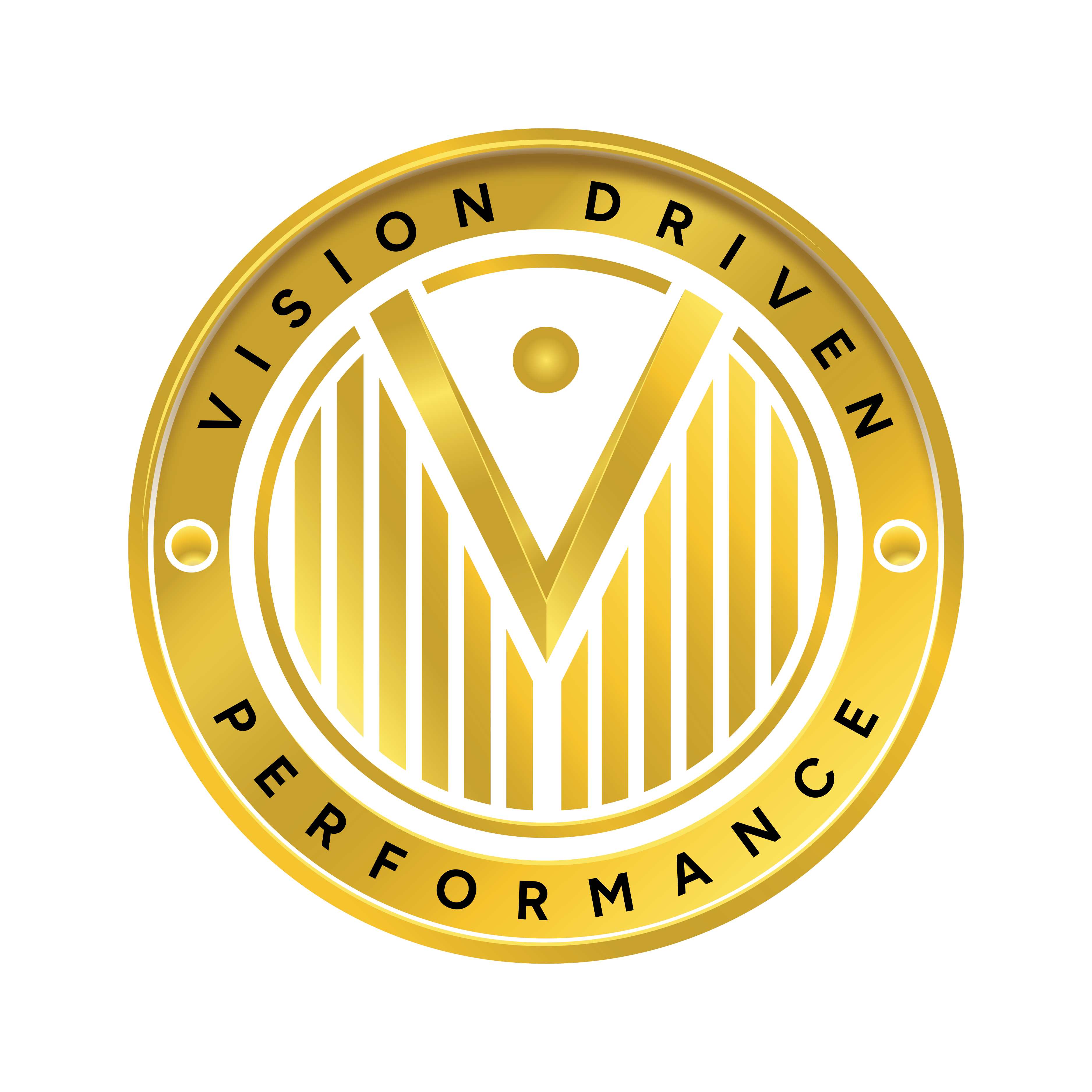The cost of starting a business in Kansas can vary depending on various factors, such as the type of business, its size, location, industry, and legal structure.
Here are some common expenses to consider when estimating the cost of starting a business in Kansas…
- Business Formation Fees
- The cost of forming a business entity in Kansas typically includes filing fees for registering your business with the Kansas Secretary of State. The filing fee for registering a Limited Liability Company (LLC) in Kansas, for example, is currently $165 (as of 2022).
- Business Licenses and Permits
- Depending on the nature of your business and its location, you may need to obtain various business licenses, permits, or certifications to operate legally in Kansas. The cost of these licenses and permits can vary widely depending on the type of business and regulatory requirements.
- Professional Services
- You may incur expenses for professional services such as legal advice, accounting services, business consulting, or tax preparation. The cost of these services can vary depending on the complexity of your business needs and the rates charged by professionals.
- Office Space or Workspace
- If your business requires physical office space, retail space, or workspace, you’ll need to consider the cost of rent or lease payments, security deposits, utilities, insurance, and maintenance expenses. The cost of office space can vary depending on location, size, amenities, and market conditions.
- Equipment and Supplies
- You may need to purchase or lease equipment, machinery, furniture, fixtures, or inventory to support your business operations. The cost of equipment and supplies can vary depending on your industry, business needs, and quality requirements.
- Marketing and Advertising
- Budget for marketing and advertising expenses to promote your business and attract customers. This may include costs for website development, branding, advertising campaigns, signage, printed materials, digital marketing, and social media promotion.
- Insurance
- Consider the cost of business insurance to protect your business assets, property, employees, and liabilities. The cost of insurance can vary depending on factors such as coverage types, policy limits, deductibles, and industry risks.
- Initial Inventory or Materials
- If your business involves selling products, you’ll need to budget for the cost of initial inventory or materials to start production. The cost of inventory can vary depending on the type of products, suppliers, and order quantities.
- Employee Salaries or Contractor Fees
- If you plan to hire employees or contractors, budget for their salaries, wages, benefits, or contract fees. Labor costs can vary depending on the type of positions, skills required, market wages, and employment regulations.
- Operating Expenses
- Factor in ongoing operating expenses such as utilities, internet and phone services, office supplies, maintenance, repairs, taxes, and other overhead costs. These expenses can vary depending on the size and nature of your business operations.
It’s important to carefully estimate and budget for these startup costs to ensure that you have adequate funding to launch and sustain your business in Kansas. Consider creating a detailed business plan and financial projections to help you identify potential costs and sources of funding. Also, consult with business advisors, mentors, or financial professionals to gain insights and guidance on starting a business in Kansas.




